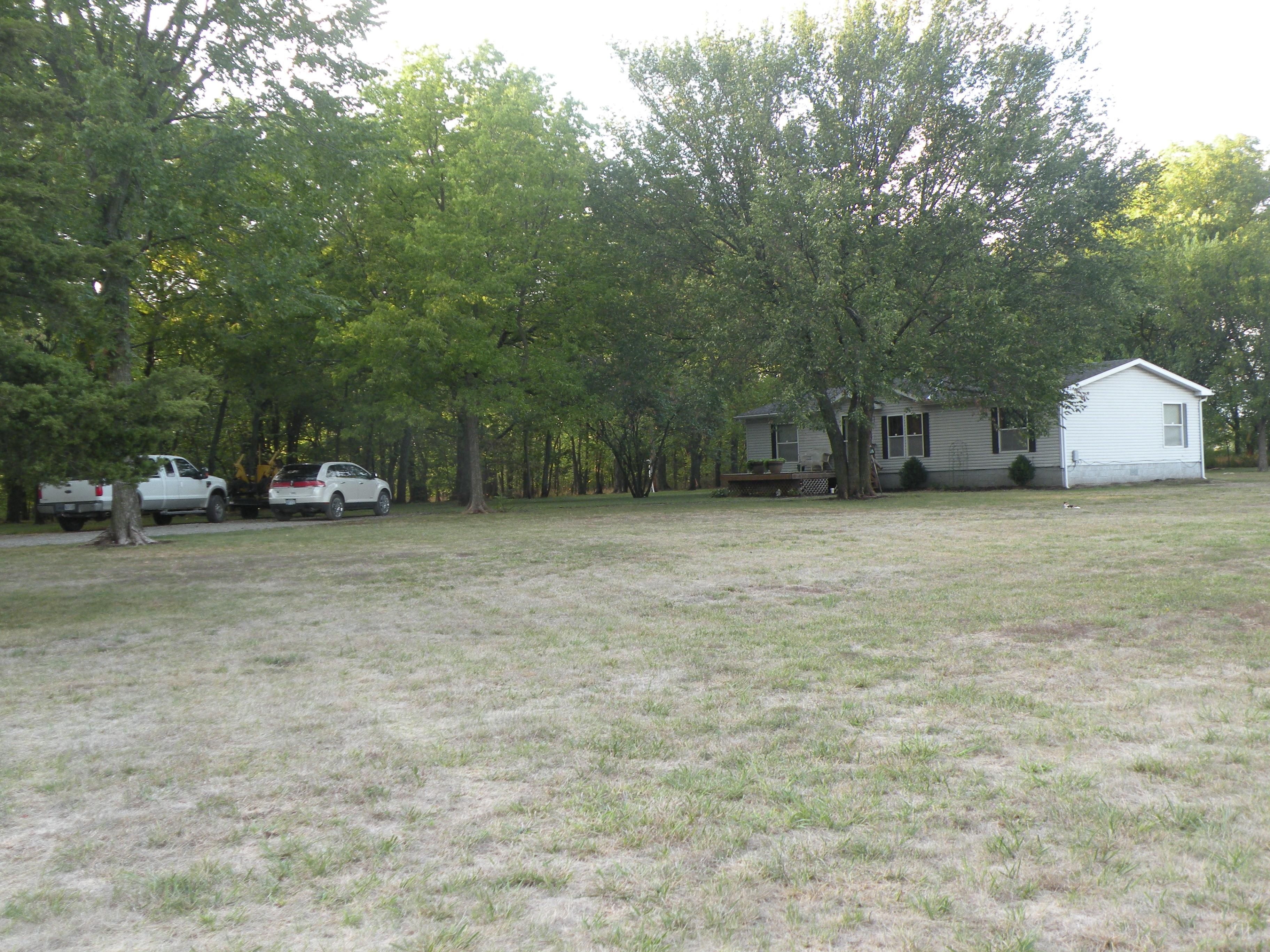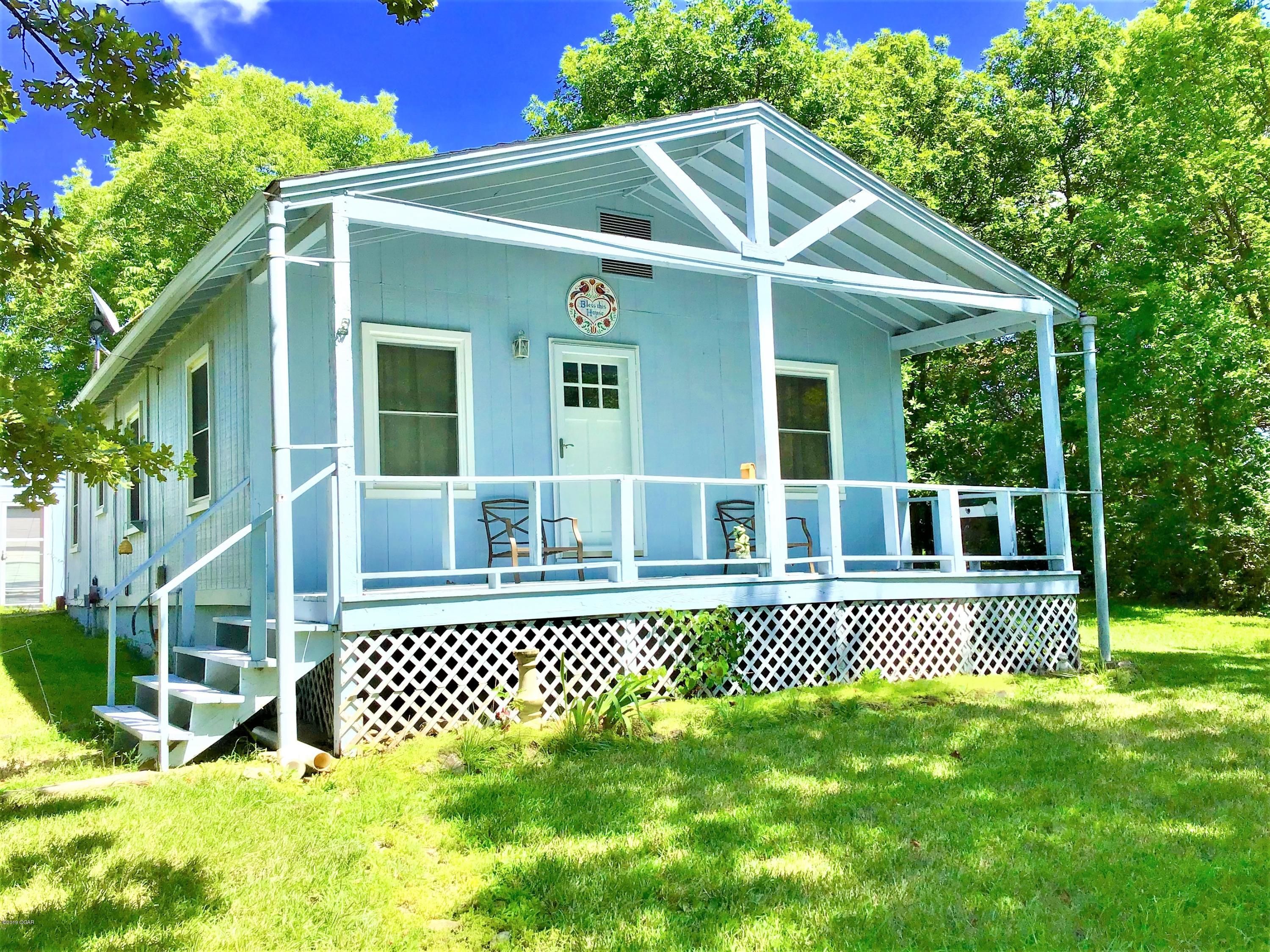Houses For Sale In Linn County Ks – It’s a moment of transition, and as with all transitions, it brings with it both excitement and uncertainty. When an item is marked as “for sale,” it enters a space where value is defined not only by the object itself but by the context in which it’s placed. For some, selling a business is a proactive decision to move on to new ventures, while for others, the sale might be the result of external factors, such as market downturns, changing consumer preferences, or regulatory shifts. In conclusion, the market for second-hand goods for sale is an ever-growing and dynamic space that offers numerous benefits to both buyers and sellers. Yet, at the same time, there’s the promise of new beginnings for both the seller and the buyer. A car might be sold because it no longer serves the needs of its owner, or perhaps the owner is simply ready for a change. The idea that everything is for sale works to perpetuate inequality, as those with the most resources can continue to amass power and wealth, while others are left to scramble for what little they can get. This typically involves drafting and signing a sale agreement, which outlines the terms and conditions of the transaction. Unlike starting a business from scratch, which requires time to build a reputation and establish market credibility, buying an existing business means stepping into an environment where some of the groundwork has already been done. The second-hand market is not just about saving money; it’s about embracing a more sustainable, mindful way of consuming that values reuse, repurposing, and the stories behind the items we choose to keep. In this sense, purchasing pre-owned items can be seen as a form of social responsibility, as it helps create a positive impact that extends beyond the individual buyer. For the seller, the goal is often to maximize the value of the business, which requires a clear understanding of the company’s assets, liabilities, and future earning potential. For book lovers, buying second-hand books is an affordable way to build a library, and it can also be an opportunity to find rare or out-of-print titles that are no longer available in stores. A piece of art, for example, may be valued differently by various individuals based on personal taste, financial resources, or the emotional connection they feel to the work. Moreover, buying second-hand items allows consumers to access unique and vintage products that may no longer be available in stores, offering a sense of individuality that is often missing from mass-produced, new items. In fact, there’s been a resurgence of interest in artisanal, locally-made products, especially in industries like fashion, home decor, and food. There is also a growing trend of online platforms that facilitate the buying and selling of businesses. When someone talks about purchasing quality goods, they are likely thinking of items that have been designed to last, to provide a superior experience, and to offer a sense of value far beyond the initial cost. Second-hand goods for sale have become an integral part of today’s economy, a trend that transcends geographic, economic, and cultural boundaries. By purchasing second-hand items, consumers can help reduce the demand for new products, thereby lessening the environmental impact associated with manufacturing and shipping.

14 Mystery Ln, Linn Valley, KS 66040 Trulia
Lock your ratecalculate paymentsgreat incentivesskip the bank

0 acres in Linn County, Kansas
Lock your ratecalculate paymentsgreat incentivesskip the bank

Blue Mound, Linn County, KS Farms and Ranches, House for sale Property
Lock your ratecalculate paymentsgreat incentivesskip the bank

Blue Mound, Linn County, KS Farms and Ranches, Horse Property, House
Lock your ratecalculate paymentsgreat incentivesskip the bank

1.24 acres in Linn County, Kansas
Lock your ratecalculate paymentsgreat incentivesskip the bank

1.3 acres in Linn County, Kansas
Lock your ratecalculate paymentsgreat incentivesskip the bank

0.40 acres in Linn County, Kansas
Lock your ratecalculate paymentsgreat incentivesskip the bank

Mound City, Linn County, KS House for sale Property ID 336645992
Lock your ratecalculate paymentsgreat incentivesskip the bank

Blue Mound, Linn County, KS Farms and Ranches, Hunting Property
Lock your ratecalculate paymentsgreat incentivesskip the bank

Mound City, Linn County, KS House for sale Property ID 338019837
Lock your ratecalculate paymentsgreat incentivesskip the bank
These platforms allow users to browse listings, communicate with sellers, and make purchases from the comfort of their own homes. In both cases, there’s a sense of vulnerability. For the buyer, acquiring such a piece may carry with it the honor of preserving a legacy, or the satisfaction of adding a unique, timeless item to their own collection. The world of second-hand shopping has also made quality goods more accessible. In some cases, a business may look profitable but may be hiding significant underlying issues, such as declining sales, ineffective marketing strategies, or employee dissatisfaction. Sellers can list items with detailed descriptions and high-quality photos, giving potential buyers a clear understanding of what they are purchasing. The growing interest in second-hand goods can also be attributed to shifting cultural attitudes toward consumption. For example, someone might be able to purchase a used smartphone or laptop with the same features and specifications as a brand-new model, but at a significantly reduced price. While buying and selling second-hand items can come with its challenges, the rewards—both financially and environmentally—make it a worthwhile pursuit for many people. A well-made product simply performs better. There’s something deeply satisfying about using an item that was crafted with skill and attention. Many people continue to resist the notion that everything has a price, and they fight to reclaim what is meaningful and valuable in life. Technological advancements and shifts in consumer behavior can also impact the types of businesses that buyers are interested in. The durability and longevity of these products mean they don’t need to be replaced as frequently, reducing the need for constant purchases and ultimately saving money in the process. On the other hand, traditional industries such as brick-and-mortar retail or manufacturing may face challenges, with many businesses in these sectors looking to sell or transition due to changing market conditions. In this world, emotions can feel like products, available to be consumed at will and disposed of when they no longer serve a purpose. After the sale is complete, the buyer assumes responsibility for the business and takes control of its day-to-day operations. Both buyers and sellers should approach transactions with honesty and transparency to ensure a smooth exchange. For the seller, the goal is often to maximize the value of the business, which requires a clear understanding of the company’s assets, liabilities, and future earning potential. This can bring about feelings of uncertainty, as there’s no guarantee that the right buyer or partner will come along.
At its core, “for sale” signifies that something is available for purchase, but beyond that, it tells a story of desire, exchange, and transition. There’s a certain art to selling something. In the world of quality goods for sale, there is also an inherent sense of value in the stories behind them. Self-help books and motivational speakers promise to sell us the tools to fix ourselves, to buy into a better version of who we could be. Second-hand goods for sale are no longer seen as inferior or out-of-date, but rather as a conscious, stylish, and eco-friendly choice. Art, music, literature — these expressions of human creativity and emotion are not always bound by the rules of commerce. Whether it’s an item, a service, or even a person, the act of being “for sale” represents a moment of transition, a shift from one stage of life to another. Cars, too, are often sold with a sense of transition. Sellers can list items with detailed descriptions and high-quality photos, giving potential buyers a clear understanding of what they are purchasing. These items are often crafted with a sense of purpose, where every stitch, joint, and component is carefully considered to create a product that not only functions well but looks beautiful in the process. There are communities that exist outside the realm of traditional commerce, where sharing, collaboration, and mutual support take precedence over profit. From the most trivial items in a dollar store to the most precious works of art in a museum, everything can be assigned a price. When a car is put up for sale, it can feel like letting go of a part of one’s journey. In times of financial hardship, such as during recessions or periods of high unemployment, more people may turn to second-hand goods as a way to save money. The rise of minimalist living, which emphasizes owning fewer, more meaningful possessions, has played a role in this shift. For example, an old wooden chair might be sanded down and refinished into a modern piece of furniture, or a vintage dress might be altered to fit a contemporary style. In conclusion, the market for second-hand goods for sale is an ever-growing and dynamic space that offers numerous benefits to both buyers and sellers. Whether it’s the smooth finish of a well-polished wooden table or the satisfying feel of a perfectly balanced knife in your hand, quality goods evoke a sense of pride in their ownership. Yet, even within this system, there is room for hope. This stage can involve a variety of specialists, such as accountants, lawyers, and industry experts, who can provide a comprehensive evaluation of the business.